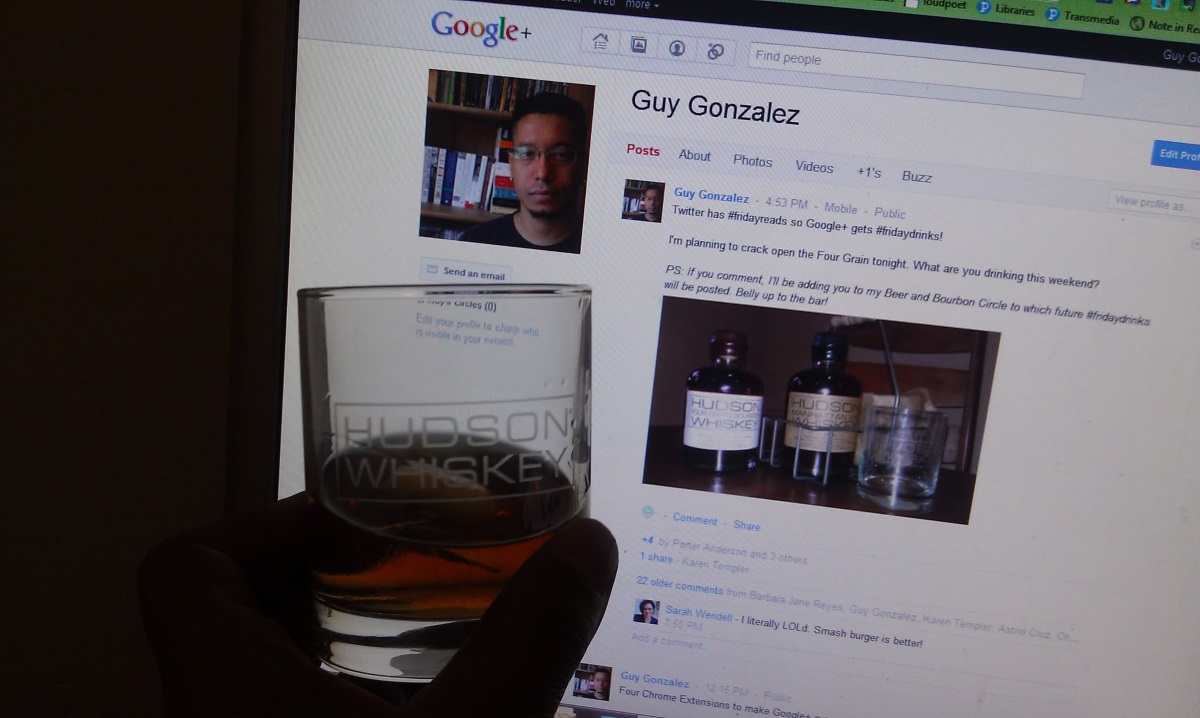Social Media Overload! What to Unplug?
Google+ is an intriguing mash-up of Facebook and Twitter, but its use of "circles" does a better job of reflecting and managing the variety of solid and permeable walls that exist in real-life networks, and when it comes to privacy, I trust our robot overlords a slight bit more than the new kids on the virtual block.

